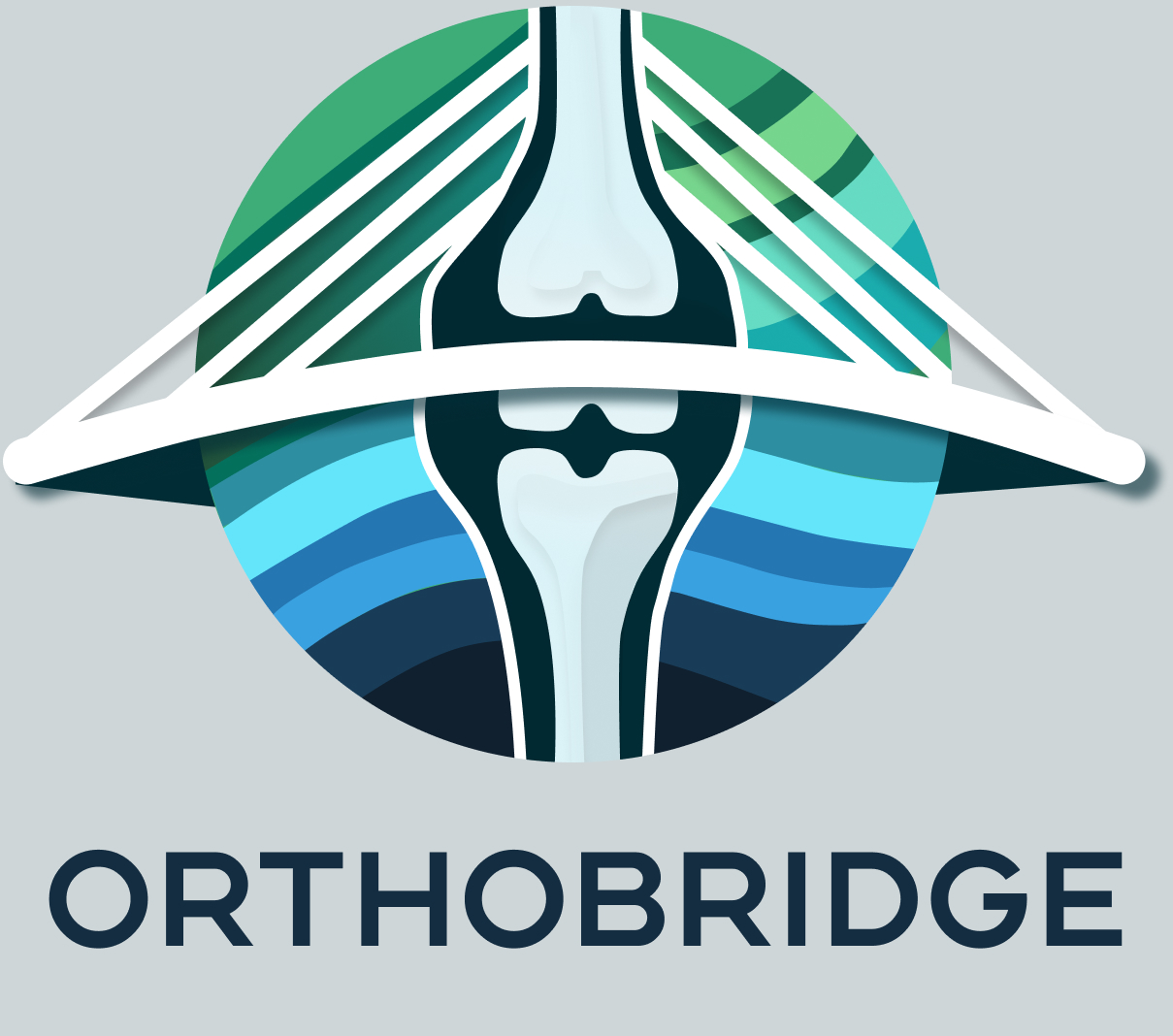Orthopedic Surgeons: Seven Things You Need to Know
Orthopedics (also commonly spelled Orthopaedics). It’s a big word and even bigger medical specialty.
Many people are unsure when or if they need an orthopedic surgeon – and where to find one when they do. Some patients even shy away from orthopedic surgeons, worried that a surgeon might be eager to put them “under the knife.”
But if there’s any medical specialty worth understanding, it’s orthopedics.
Orthopedic Surgeons 101
Orthopedic surgeons are doctors who specialize in the musculoskeletal system – the bones, joints, ligaments, tendons, and muscles that are so essential to movement and everyday life.
With more than 200 bones in the human body, it’s an in-demand specialty. Dislocated joints. Hip or back pain. Arthritis (which afflicts half of seniors age 65 and older). Acute, chronic, or degenerative, all of these common disorders fall under orthopedics.
Because of the specialty’s vastness, most orthopedic surgeons sub-specialize, focusing on a specific treatment area. Hand and wrist specialists only see hand and wrist cases. Joint surgeons only treat hip or knee patients with arthritis or another limiting joint condition. This lets them diagnose, treat and even prevent orthopedic problems with next-level precision.
But even sub-specialized orthopedic surgeons are abundant, leading back to these questions:
- What should I look for in an orthopedic surgeon?
- With so many options and sub-specialties, how can I find one that’s a great fit for me?
- And, finally, if I see an orthopedic surgeon, does it automatically mean surgery is in my future?

1) Kinds of Orthopedic Doctors
Let’s start by differentiating between orthopedic surgeons and orthopedic specialists.
When referring to orthopedic doctors, the term “orthopedic surgeon” is often used by default. This is understandable considering that orthopedic surgeries are one of the more common medical procedures that people encounter, so many of us know someone who has had some kind of orthopedic surgery. However, while all orthopedic surgeons are orthopedic specialists, not all orthopedic specialists are orthopedic surgeons.
Any orthopedic specialist – surgical and otherwise – is qualified to assess, diagnose, and treat your orthopedic ailment using non-invasive treatments. And just because orthopedic surgeons are qualified to operate doesn’t mean they will. Reputable orthopedic specialists backed by robust health care systems are more likely to restore lives using advanced non-surgical techniques, from minimally invasive procedures to computer-assisted treatments to the harvesting and growth of your own cells for cartilage repair.
2) Surgeon or Specialist?
Non-surgical orthopedists can be a great starting point for patients who don’t have a clear diagnosis and many orthopedic conditions can be effectively treated without surgery – up to 70% of all sports medicine injuries, in fact. If surgery becomes necessary, then they direct patients to orthopedic surgeons or include surgeons in care.
On the other hand, it’s wise to seek out an orthopedic surgeon if your diagnosis or suspected diagnosis might include surgery.
“Patients can determine if they might need surgery by first seeing their primary care physician, and even researching their condition after a diagnosis,” says Col Dr Adari. us to another common question: Do you need to see your primary care physician (PCP) before seeking out an orthopedic opinion?
3) The Role of PCPs
Whenever an injury is traumatic, or caused or exacerbated by repetitive motion, you’ll likely end up seeing an orthopedic specialist – so there’s no reason not to consult with one right away. On the other hand, primary care providers (PCPs) are the best starting point when patients are experiencing a mix of orthopedic symptoms (bone and joint pain) and non-orthopedic symptoms. In terms of when to see an orthopedic specialist or a PCP, there are a few telltale indicators that it’s time: chronic pain, an inability to perform everyday functions, a limited range of motion, trouble walking or standing, or if you have a sprain or another soft tissue injury that hasn’t improved in 48 hours.
4) The Value of Sub-Specialists
An orthopedic specialist who sub-specializes in treating a specific body part or condition is almost always a patient’s best bet.
Sub-specialists have a wealth of experience and knowledge in their area of expertise. Beyond the obvious benefits, this can help them navigate complex and high-risk cases when they arise. Sub-specialization is especially critical when surgery is in the mix.
“Penn Medicine takes sub-specialization one step further, to hyper-specialization. This means we routinely see and treat extreme, unique, and high-risk cases that others aren’t able to handle,” explains Col Dr Adari
Additionally, sub-specialists are more likely to be involved in research on ways to optimize existing treatments or even develop something new and better. This leads us to the second thing to look for in an orthopedic specialist: robust resources.

5) Robust Resources
Look for an orthopedic specialist backed by a sizeable, reputable health system. Furthermore, specialists whose institutions conduct clinical research may see greater potential for improvement in patient care.
These physicians have access to a vast number of resources and options spanning diagnosis, rehabilitation, pain management, and medicine. In addition, they’re more likely to handle care coordination for you, keeping track of your appointments and needs across specialties.
“We Orthopaedics successfully completes thousands of procedures a year,” says Col Dr Adari. “And because we take a whole-body approach to diagnosing and treating orthopaedic conditions, we’re often working with physicians, nurses, and physical therapists outside of our department. This offers great health benefits as well as practical organizational benefits.”
6) Look for Top-Notch Training
Beyond all necessary board-certified training and degrees, look for an orthopedist who has completed an accredited fellowship in a sub-specialty related to your condition or suspected condition.
A fellowship is a period of medical training, usually a year or longer, following residency. Fellowships often help physicians develop their sub-specialty. Accreditation information, including fellowships, can usually be found on a physician’s official online profile. If it’s not, ask for it.
7) Stop Living With Bone and Joint Pain
Orthopaedics hears from patients all the time whose lives have been drastically improved by their orthopedic care. Patients who thought they’d never be able to play with their grandkids. Patients who assumed they’d never run again. Patients whose pain made them feel too depressed to do the things they love.













